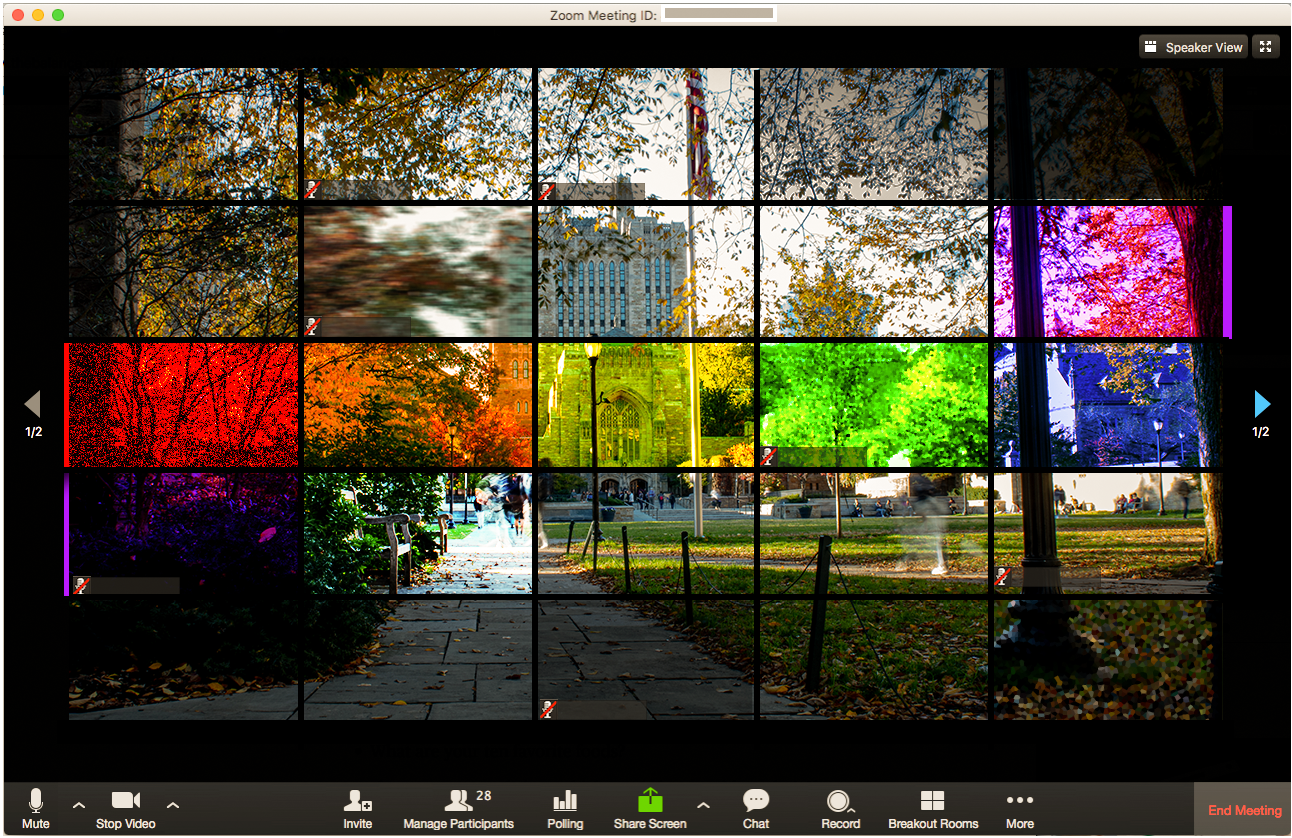
David Zheng
For the first time ever, PRIDE New Haven went online this week, as concerns about the COVID-19 pandemic barred participants from meeting in-person.
The event, scheduled from Sept. 13 to Sept. 19, features 60 local speakers, artists and activists and brings the LGBTQ+ community and global allies together in celebration. The New Haven Pride Center is hosting the virtual event. All presenters were Connecticut-based, and approximately 70–80 percent of them identified as BIPOC. The usual months of planning for in-person PRIDE week were compressed into just three weeks, as the center was uncertain about public health conditions throughout the summer. Still, organizers were able to plan 27 events for the virtual week, including 10 in one day related to racial justice and equity. They were also able to provide almost $10,000 of combined compensation to their presenters, who were mostly members of the BIPOC queer community.
Patrick Dunn, executive director of the New Haven Pride Center, described Virtual PRIDE week as “an exploration of PRIDE through the lens of arts, culture, and humanities.” The center says it will hold an in-person PRIDE celebration in October. According to Dunn, it “will look more like what we typically do as our traditional, kind of block party, festival event.”
One of the highlights of the week has been a new all-day event titled “Day of Action: Racial Justice & the Queer Community.”
“Collectively, we can all agree that the queer community has a lot of work to do around racial justice, racial equity and inclusion, just like everybody else does,” Dunn said. “Sometimes we like to pretend like those kinds of things don’t exist in our community, but they definitely do.”
He described having a “happy-cry” moment when the “Day of Action” was over, after hours of producing and listening-in on several virtual events at once to make sure they all ran smoothly. The day featured workshops such as “Racial Justice for BIPOC Queerfolk” and “Standing Up for Indigenous Queer Peoples,” as well as performances like “Celebrating Queer Black Artists.”
“I was just like, ‘That was so cool.’ The fact that we did that, and it was all free, and we paid black and brown speakers close to $4,000 in one day; that’s awesome,” he said. “That was a really great moment.”
The New Haven Pride Center had already been discussing virtual programming when the COVID-19 pandemic hit, in an effort to make events more accessible. Thus, their transition to virtual programming was rapid, and they were able to connect to a wider audience. For example, one of the workshops, “Decolonizing our Non-Profit,” has been shared several times online already.
“Every day, two or three people share it into different networks and groups, including [sharing it] outside of Connecticut, because the New England Foundation for the Arts Executive Director shared it … things like that make the conversation much more accessible,” Dunn said.
In another effort to make programming as accessible as possible, the center also included American Sign Language interpretation with its events for the first time. The interpretation has been a goal since the center went virtual in March, and organizers have been working with a local queer ASL activist as part of their efforts.
“It’s obviously really disappointing that Pride [this year] is online … Pride is all about finding your people, and it’s much easier to feel isolated as a member of the LGBTQ community when you’re not physically able to be in a supportive environment,” said Melissa Adams ’24, who participated in events earlier in the week
Still, she said she is especially excited for Saturday’s Youth Open Mic Night and noted that the organizers have done a good job in getting a wide range of events, considering the circumstances.
Subashri Ramesh ’24, who participated in the event, said that she was glad that the organizers were protecting the LGBTQ community by holding the celebration virtually. She said that she was especially grateful that New Haven did not cancel the event altogether, “like many cities [across the United States] did.”
“The LGBTQ+ community in New Haven has really blown me away,” Ramesh said. “Everyone is so open and accepting, so I’m excited to be a part of this community here! Pride has always been difficult for me to attend in my hometown, but I believe that, in this community, it will be much easier.”
Most virtual PRIDE New Haven programs can be accessed live on Facebook, Youtube, Twitch TV and in some cases, Zoom.







